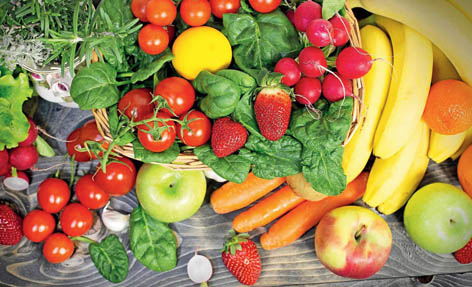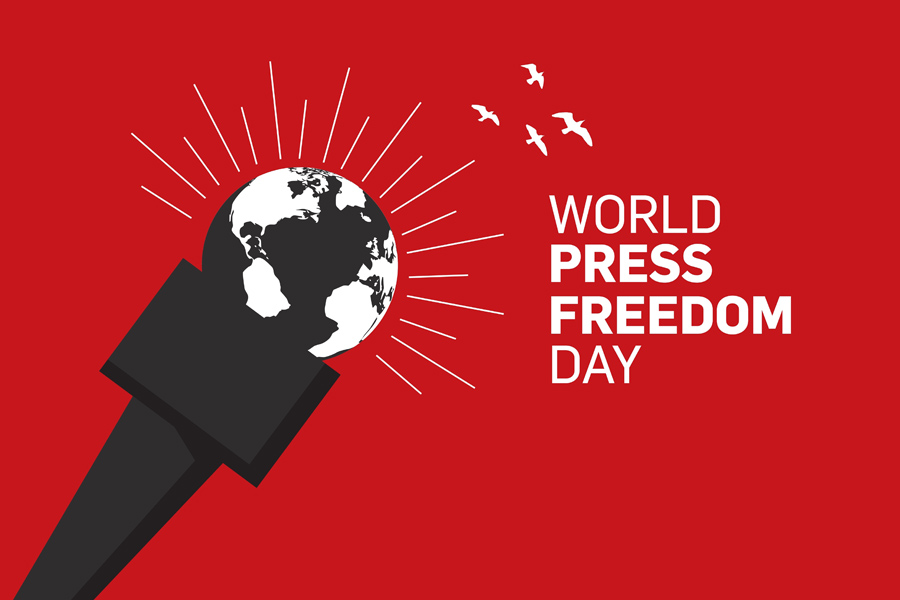With boosting immunity being the need of the hour, let’s address some of the high-quality scientific evidence and limitations about the effects of specific nutrition on the immune system and provide practical solutions. It is believed that nutrition has both direct and indirect effects on immune responses. Many researchers have investigated the effects of poor nutrition on heart disease and diabetes. More specifically, researchers have investigated the effects of obesity on the above-mentioned health-related outcomes. But there is a paucity of research when it comes to obesity and infection risk. A study has documented that obesity is associated with a state of chronic low-grade inflammation and a greater risk of developing infections. More research is warranted to draw cause-and-effect relationship between obesity and inflammation across the population.
Similar to over-nutrition, malnutrition or more specific deficiencies of certain nutrients may also lead to immune dysfunction. However, it is important to note that most research in this area has been conducted in isolated (in vitro or ex vivo) markers of immune function (for example, immune cell functions from peripheral blood samples). Even though these findings can help us understand the mechanism behind the association between nutrition and our immune system, but the clinical relevance is limited as they do not account for the whole integrated human biological system (whole body defence against infection). So studies that have both clinical relevance and of high quality are considered for the article.
Let us take a closer look at what the evidence suggests regarding the relationship between the two most popular nutrients with immune-related functions that have been extensively studied over the years.
Vitamin C
High doses of vitamin C have shown to reduce infection incidence in ultra-endurance athletes. This could be because ultra-endurance athletes are prone to infection owing to greater stress encountered compared to most healthy individuals. Most people may not need to consume a high dosage of vitamin C if they are not high-level endurance athletes. However, vitamin C can be taken relatively more compared to other vitamins because it is water-soluble. A metanalysis (the highest form of research investigation) comprising nine randomised controlled trials reported that extra dosage of vitamin C helped reduce the duration of cold, shortened indoor confinement time and relieved symptoms associated with cold, including chest pain across a wide range of people. Therefore, suggesting that extra dosage of vitamin C may be required if an individual is engaged in high-stressed activities, such as long-distance running or have symptoms of cold and flu.
Practical take away
- Consume adequate fruits such as kiwi, orange, guava, strawberry and tomato daily.
- Consume adequate vegetables, such as kale, broccoli, bell pepper, snow pea daily.
- Take additional vitamin C supplements before cold, flu or engaged in high-intensity endurance activities.

Vitamin D supplementation reduces the risk of upper respiratory tract infection Sourced by the Telegraph
Vitamin D
There has been a lot of research with regards to the role of vitamin D in immunity and infection risk. Vitamin D is considered to be a secosteroid hormone that interacts with more than 200 genes via nuclear receptors present in numerous tissues of the body. A metanalysis that assessed 25 double-blinded randomised controlled trials (including 10,993 people) investigated the role of vitamin D on the upper respiratory tract function. The study reported that vitamin D supplementation reduced the risk of upper respiratory tract infection (URTI) among all participants. Moreover, the study reported that individuals that received daily and weekly doses of vitamin D had a protective response to URTI. Therefore, vitamin D supplementation can be safe against acute respiratory tract infection.
Practical take away
- Try and expose yourself to the sun regularly, if you are not able to go out due to the current situation using the open space outside at home, be it a balcony, garden, courtyard and picking the right time of the day will be extremely useful. Simple things such as reading a book, meditating and exercising while exposed to some sunlight can be very helpful.
- Consume foods rich in vitamin D, such as fatty fish (salmon, sardines) and egg yolks. If vegetarian, then opt for fortified milk and include vitamin D supplements if necessary.
- Other nutrition that is often thought to have a positive impact on cold and flu such as garlic, probiotics have weak or mixed evidence with regards to their efficacy on cold and flu-specific conditions. Therefore, more studies are warranted to confirm their effectiveness.
References
- Davison, G., & Kehaya, C. (2016). Nutritional and Physical Activity Interventions to improve Immunity. American Journal of Lifestyle Medicine
- Martineaue et al. (2016). Vitamin D supplementation to prevent acute respiratory tract infections: systematic review and meta-analysis of individual participant data. British Medical Journal
- Ran, L et al. (2018). Extra Dose of Vitamin C Based on a Daily Supplementation Shortens the Common Cold: A Meta-Analysis of 9 Randomized Controlled Trials. Biomed Research International.
Kaushik Talukdar is founder and CEO of Athlete Institute (www.athlete.institute) and a PhD scholar (‘Exercise and Sports Science’). You can email him at kaushik@athlete.institute or tweet @coachkaushik










